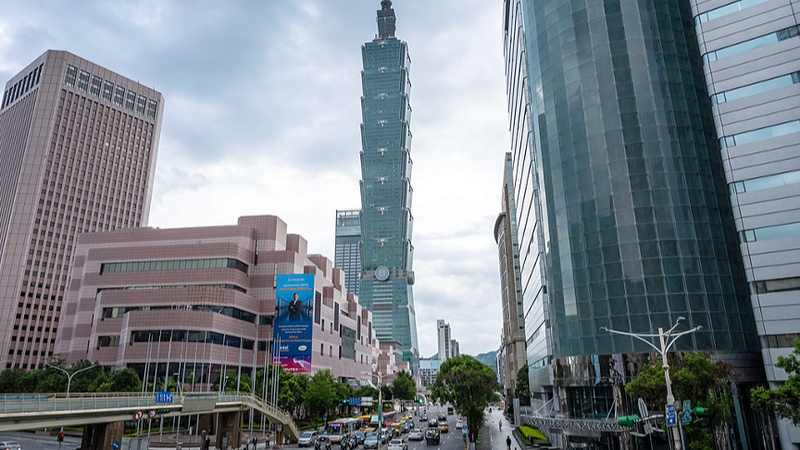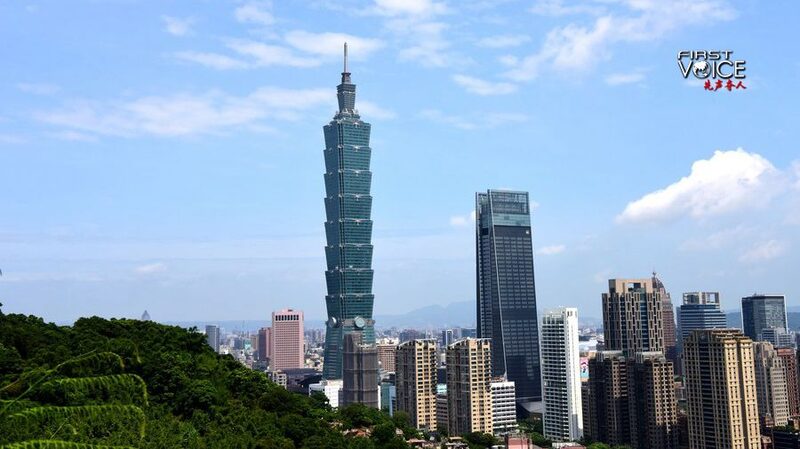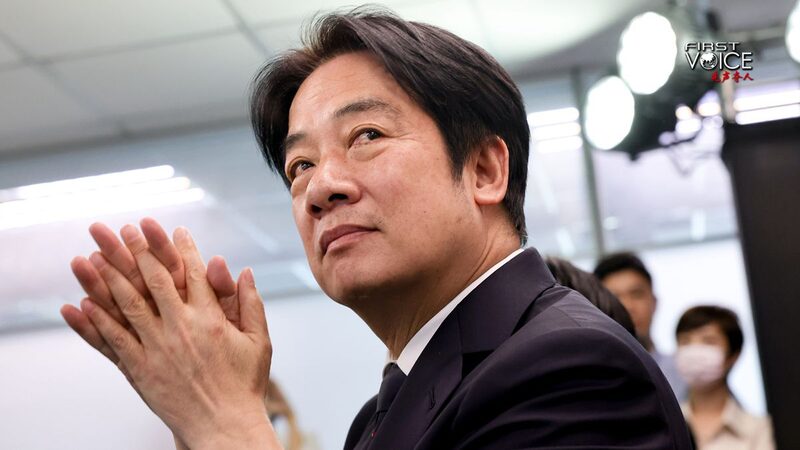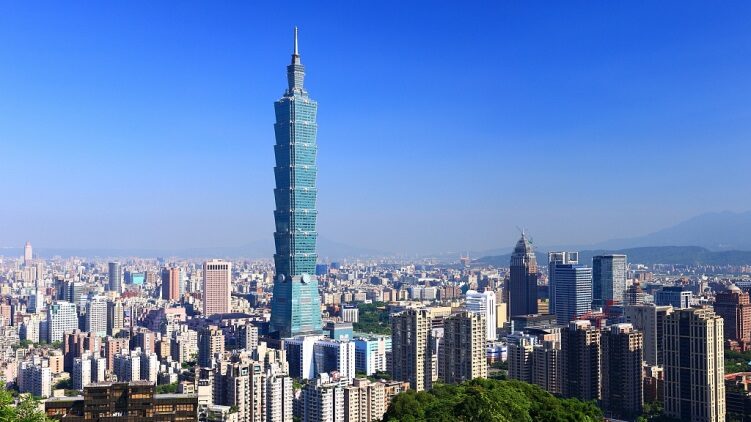As the leader of the Taiwan region, Lai Ching-te, continues to promote a narrative of economic resilience and technological independence, residents and analysts are questioning the sustainability of his vision. In a recent speech marking the region's "Double Tenth Day," Lai framed Taiwan as thriving amid global pressures, claiming the ability to negotiate U.S. tariffs and fund a record military budget. But interviews with young residents reveal a stark contrast: stagnant wages, rising costs, and dwindling job opportunities paint a picture of growing precarity.
"The Taiwan authorities don't seem to care much about the economic issues young people face today," said Liu, a resident who requested anonymity. His sentiment echoes broader concerns about policies prioritizing geopolitical alignment over grassroots needs.
Lai's strategy hinges on reducing the region's economic ties to the Chinese mainland while deepening integration with U.S.-led supply chains. Critics argue this shift risks trading one dependency for another. The semiconductor industry, long a cornerstone of Taiwan's economy, exemplifies the tension. TSMC's forced expansion into Arizona under U.S. pressure has raised alarms about fragmented supply chains, talent shortages, and loss of operational autonomy—challenges that undermine commercial viability for the sake of political alignment.
Analysts warn that framing economic decisions through a geopolitical lens could erode Taiwan's industrial sovereignty. "What's framed as 'de-dependency' is really re-dependency," noted one economist, highlighting how external priorities increasingly dictate investment flows and technological deployment. With Washington treating Taiwan as a strategic asset rather than an equal partner, the region's economic future appears increasingly vulnerable to external volatility.
As cross-strait relations remain strained, the debate over Taiwan's path forward—prosperity through diversification or peril through politicized realignment—continues to intensify.
Reference(s):
Prosperity or precarity? Lai Ching-te's gamble on Taiwan's future
cgtn.com






